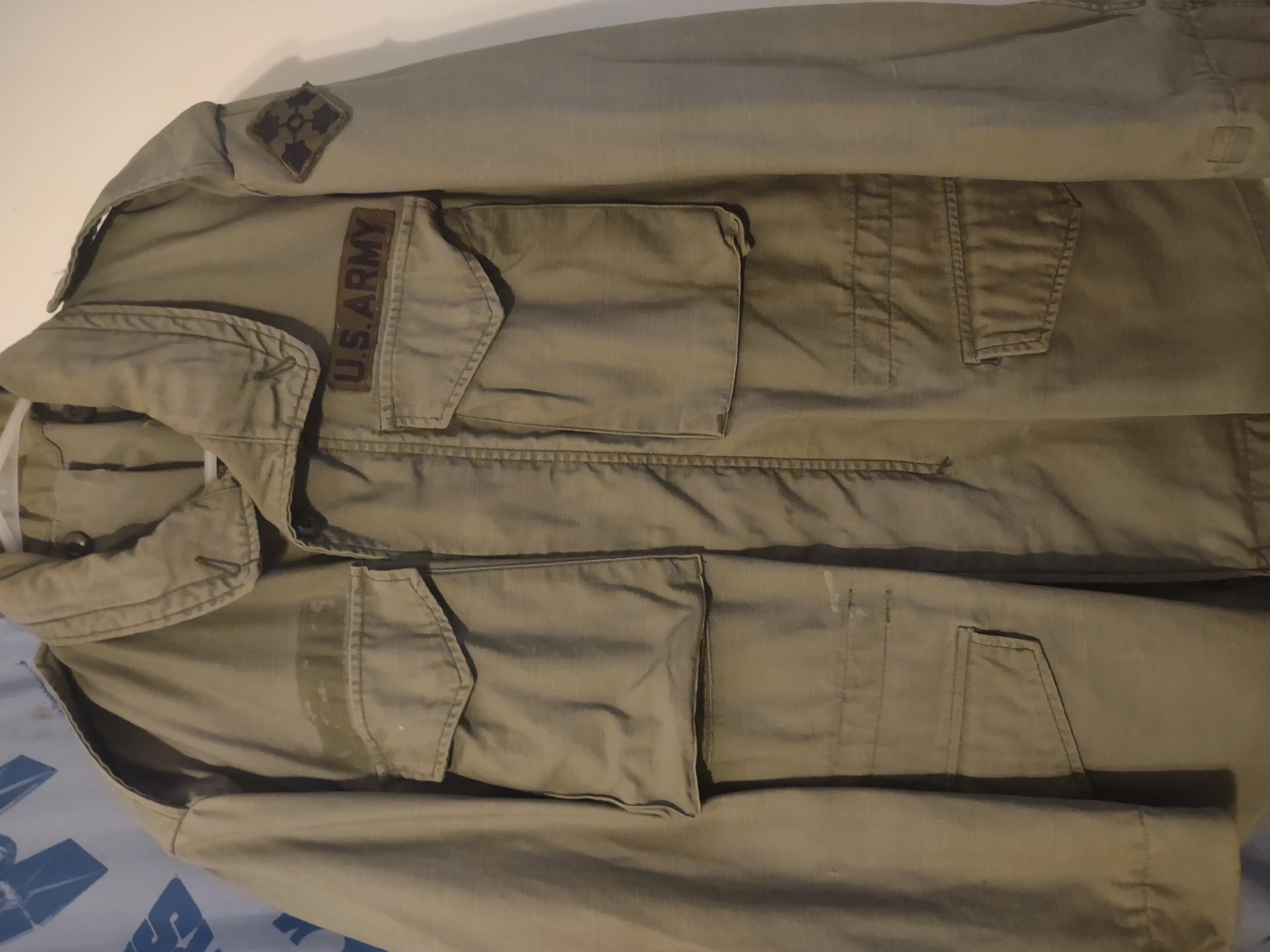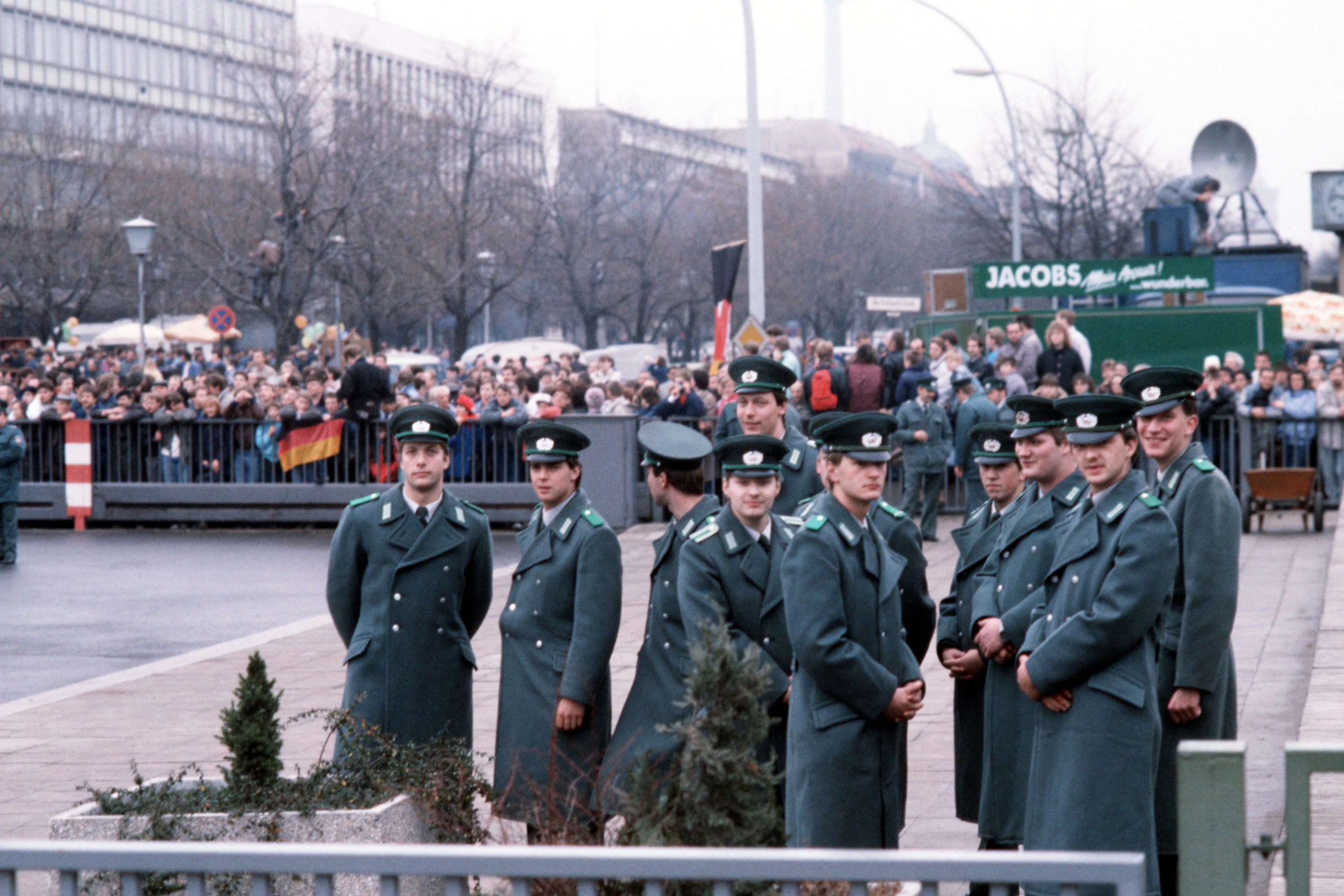|
Horst Schimanski
Horst Schimanski is a homicide detective with a leading role in the German crime television series ''Tatort'', as well as the spin-off ''Schimanski''. Portrayed by Götz George, the character made his debut in the 1981 episode and appeared in 29 episodes until 1991. Two episodes, ' (1985) and ' (1987), were released in cinemas before they were aired on television. Also notable is the episode from 1990, which was produced as a crossover with the East German ''Polizeiruf 110'' crime series, in which Schimanski collaborated with two colleagues from the East German Volkspolizei. In 1997, the character got his own show, the loose spin-off ''Schimanski''. In this series, Schimanski is a retired police officer living in Belgium with his longtime girlfriend Marie Claire. Background Schimanski is consistently presented as the prototypical proletarian, living very close to the criminals he pursues. Consequently, many of his cases deal with underprivileged victims and upper-class crimina ... [...More Info...] [...Related Items...] OR: [Wikipedia] [Google] [Baidu] |
Tatort
''Tatort'' ("Crime scene") is a German language police procedural television series that has been running continuously since 1970 with some 30 feature-length episodes per year, which makes it the longest-running German TV drama. Developed by the German public-service broadcasting organisation ARD for their channel Das Erste, it is unique in its approach, in that it is jointly produced by all of the organisation's regional members as well as its partnering Austrian and Swiss national public-service broadcasters, whereby every regional station contributes a number of episodes to a common pool. Therefore, the series is a collection of different police stories where different police teams each solve crimes in their respective city. Uniqueness in architecture, customs and dialects of the cities is therefore a distinctive part of the series and often the city, not the police force, is the real main character of an episode. The concept of local stations only producing a couple of ... [...More Info...] [...Related Items...] OR: [Wikipedia] [Google] [Baidu] |
M-1965 Field Jacket
The M-1965 Field Jacket (also known as M65, M-65 Field Jacket, and Coat, Cold Weather, Man's Field), eponymously named after the year it was introduced, is a popular field jacket initially designed for the United States Armed Forces under the ''MIL-C-43455J'' standard, produced by Alpha Industries, the Southern Athletic Co.; the John Ownbey Co., and the Golden Mfg. Co., among others. It was introduced into U.S. military service in 1965 to replace the previous M-1951 field jacket, itself an improvement on the M-1943 field jacket introduced during World War II, although the M-51 continued to be issued for quite some time. The front portion of the jacket has two large hip pockets and two medium-sized breast pockets. The collar of the jacket features a zipper which houses a protective hood. The M-1965 field jacket can be combined with a button-in insulated lining for cold-weather wear, as well as a button-on fur trimmed winter hood. The jacket is fastened with a large aluminum or b ... [...More Info...] [...Related Items...] OR: [Wikipedia] [Google] [Baidu] |
Fictional German Police Detectives
Fiction is any creative work, chiefly any narrative work, portraying individuals, events, or places that are imaginary, or in ways that are imaginary. Fictional portrayals are thus inconsistent with history, fact, or plausibility. In a traditional narrow sense, "fiction" refers to written narratives in prose often referring specifically to novels, novellas, and short stories. More broadly, however, fiction encompasses imaginary narratives expressed in any medium, including not just writings but also live theatrical performances, films, television programs, radio dramas, comics, role-playing games, and video games. Definition Typically, the fictionality of a work is publicly marketed and so the audience expects the work to deviate in some ways from the real world rather than presenting, for instance, only factually accurate portrayals or characters who are actual people. Because fiction is generally understood to not fully adhere to the real world, the themes and context of ... [...More Info...] [...Related Items...] OR: [Wikipedia] [Google] [Baidu] |
Westdeutscher Rundfunk
Westdeutscher Rundfunk Köln (''West German Broadcasting Cologne''; WDR, ) is a German public-broadcasting institution based in the Federal State of North Rhine-Westphalia with its main office in Cologne. WDR is a constituent member of the consortium of German public-broadcasting institutions, ARD. As well as contributing to the output of the national television channel '' Das Erste'', WDR produces the regional television service WDR Fernsehen (formerly known as WDF and West3) and six regional radio networks. History Origins The Westdeutsche Funkstunde AG (WEFAG) was established on 15 September 1924. There was a substantial purge of left wing staff following the Nazi seizure of power in 1933. This included Ernst Hardt, Hans Stein and Walter Stern. WDR was created in 1955, when Nordwestdeutscher Rundfunk (NWDR) was split into Norddeutscher Rundfunk (NDR) – covering Lower Saxony, Schleswig-Holstein, and Hamburg – and Westdeutscher Rundfunk, responsible for Nort ... [...More Info...] [...Related Items...] OR: [Wikipedia] [Google] [Baidu] |
Denise Virieux , a given name
{{disambiguation ...
Denise may refer to: * Denise (given name), people with the given name ''Denise'' * Denise (computer chip), a video graphics chip from the Amiga computer * "Denise" (song), a 1963 song by Randy & the Rainbows * Denise, Mato Grosso, a municipality in Brazil * ''Denise'', an 1885 play by Alexander Dumas ''fils'' * SP-350 Denise, a small submarine also known as the "Diving saucer" * A brand name of desogestrel See also * Hurricane Denise, a list of tropical cyclones named Denise * Saint Denise (other) *Denice (other) *Denyse Denyse is a feminine given name, and may be seen as a variant of Denise. Notable people with the name include: *Denyse Alexander (born 1931), British actress *Denyse Benoit, Canadian actress, director and screenwriter *Denyse Floreano (born 1976) ... [...More Info...] [...Related Items...] OR: [Wikipedia] [Google] [Baidu] |
Eberhard Feik
Eberhard is an old Germanic name meaning the strength or courage of a wild boar. People First name *Eberhard of Friuli (815–866), Duke and key figure in the Carolingian Empire * Eberhard of Béthune (died 1212), Flemish grammarian *Eberhard I, Duke of Württemberg (1445–1496) *Eberhard II, Count of Württemberg (after 1315–1392) * Eberhard I, Count of Bonngau (died 937) * Eberhard III, Duke of Franconia (''ca'' 885–939) * Eberhard (Archbishop of Trier) (1010–1066) *Eberhard of Salzburg (died 1164), Bishop of Salzburg and saint *Eberhard Anheuser (1806–1880), Soap and candle maker, co-founder of Anheuser-Busch *Eberhard Weber (* 1940), German jazz musician and composer Last name *Eberhard family, a prominent Swiss industrialist family ( Eberhard & Co.) from Bern whose origin has been traced back to the 10th century ** George-Emile Eberhard (1868–1936), founder of Eberhard & Co **George Eberhard, George-Emile's son and heir **Maurice Eberhard, George-Emile's son and hei ... [...More Info...] [...Related Items...] OR: [Wikipedia] [Google] [Baidu] |
Epaulette
Epaulette (; also spelled epaulet) is a type of ornamental shoulder piece or decoration used as insignia of military rank, rank by armed forces and other organizations. Flexible metal epaulettes (usually made from brass) are referred to as ''shoulder scales''. In the French and other armies, epaulettes are also worn by all ranks of elite or ceremonial units when on parade. It may bear rank or other insignia, and should not be confused with a shoulder mark – also called a shoulder board, rank slide, or slip-on – a flat cloth sleeve worn on the shoulder strap of a uniform (although the two terms are often used interchangeably). Etymology () is a French word meaning "little shoulder" (diminutive of , meaning "shoulder"). How to wear Epaulettes are fastened to the shoulder by a shoulder strap or ''passenten'', a small strap parallel to the shoulder seam, and the button near the collar, or by laces on the underside of the epaulette passing through holes in the shoulder of the ... [...More Info...] [...Related Items...] OR: [Wikipedia] [Google] [Baidu] |
Ruhr
The Ruhr ( ; german: Ruhrgebiet , also ''Ruhrpott'' ), also referred to as the Ruhr area, sometimes Ruhr district, Ruhr region, or Ruhr valley, is a polycentric urban area in North Rhine-Westphalia, Germany. With a population density of 2,800/km2 and a population of over 5 million (2017), it is the largest urban area in Germany. It consists of several large cities bordered by the rivers Ruhr to the south, Rhine to the west, and Lippe to the north. In the southwest it borders the Bergisches Land. It is considered part of the larger Rhine-Ruhr metropolitan region of more than 10 million people, which is the third largest in Europe, behind only London and Paris. The Ruhr cities are, from west to east: Duisburg, Oberhausen, Bottrop, Mülheim an der Ruhr, Essen, Gelsenkirchen, Bochum, Herne, Hagen, Dortmund, Lünen, Bergkamen, Hamm and the districts of Wesel, Recklinghausen, Unna and Ennepe-Ruhr-Kreis. The most populous cities are Dortmund (with a population of approximately 588 ... [...More Info...] [...Related Items...] OR: [Wikipedia] [Google] [Baidu] |
Götz George
Götz George (; 23 July 1938 – 19 June 2016) was a German actor, the son of actor couple Berta Drews and Heinrich George. His arguably best-known role is that of Duisburg detective Horst Schimanski in the TV crime series ''Tatort''. Early life George was born in Berlin-Wannsee into a well known acting family: his father, Heinrich George, was a famous film and theater actor, and his mother, Berta Drews, a character actress. George is named after his father's favorite, Imperial Knight Götz von Berlichingen. His father was imprisoned by the Soviets and starved in the Soviet concentration camp NKVD special camp Nr. 7. George grew up in Berlin with his elder brother Jan and his mother. He attended school in Berlin-Lichterfelde and later attended the Lyzeum Alpinum in Zuoz, Switzerland. Acting career Stage George made his stage debut in 1950, performing a role in William Saroyan's '' My Heart's in the Highlands''. From 1955 to 1958 he also studied at the Berlin UFA-Nachwuchsstudi ... [...More Info...] [...Related Items...] OR: [Wikipedia] [Google] [Baidu] |
Proletarian
The proletariat (; ) is the social class of wage-earners, those members of a society whose only possession of significant economic value is their labour power (their capacity to work). A member of such a class is a proletarian. Marxist philosophy considers the proletariat to be exploited under capitalism, forced to accept meager wages in return for operating the means of production, which belong to the class of business owners, the bourgeoisie. Marx argued that this oppression gives the proletariat common economic and political interests that transcend national boundaries, impelling them to unite and take over power from the capitalist class, and eventually to create a communist society free from class distinctions. Roman Republic and Empire The constituted a social class of Roman citizens who owned little or no property. The name presumably originated with the census, which Roman authorities conducted every five years to produce a register of citizens and their prope ... [...More Info...] [...Related Items...] OR: [Wikipedia] [Google] [Baidu] |
Volkspolizei
The ''Deutsche Volkspolizei'' (DVP, German for "German People's Police"), commonly known as the ''Volkspolizei'' or VoPo, was the national police force of the German Democratic Republic (East Germany) from 1945 to 1990. The Volkspolizei was a highly- centralized agency responsible for most civilian law enforcement in East Germany, maintaining 257,500 personnel at its peak. History The ''Volkspolizei'' was effectively founded in June 1945 when the Soviet Military Administration in Germany (SVAG) established central police forces in the regions of Nazi Germany it occupied following after World War II.Thomas Lindenberger, ‘The German People's Police (1945 - 1990)’, in Hans Ehlert and Rüdiger Wenzke (ed.) ‘In the service of the party - Handbook of Armed Organs of the GDR’ (Berlin, 1998) pp. 98-100 The SVAG approved the arming of community-level police forces on 31 October 1945, but nevertheless remained a non-militarised force, and by 1946 the ''Volkspolizei'' comprised ... [...More Info...] [...Related Items...] OR: [Wikipedia] [Google] [Baidu] |





